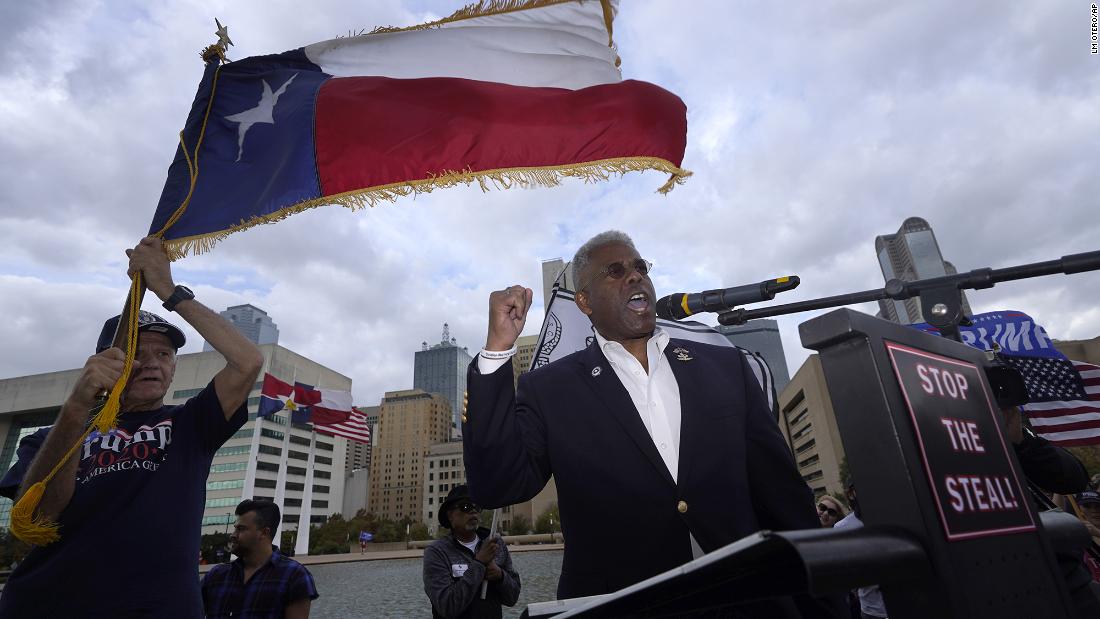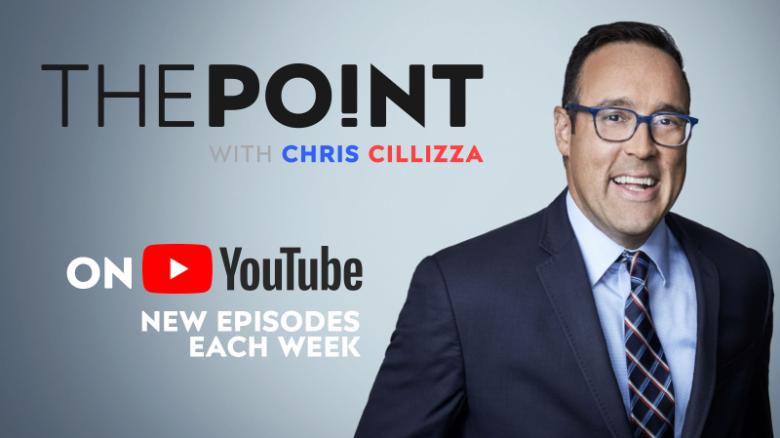Analysis: Why this Texas ‘election fraud’ lawsuit is a joke
This is, usually, the case! Usually — but not always.
“Our Country is deeply divided in ways that it arguably has not been seen since the election of 1860,” the petition filed to the court states. “There is a high level of distrust between the opposing sides, compounded by the fact that, in the election just held, election officials in key swing states, for apparently partisan advantage, failed to conduct their state elections in compliance with state election law.”
Sounds serious! Except, it’s not.
Here’s why: Texas has zero legal standing to challenge how other states conduct their elections. Elections — including ones for federal offices — are solely the purview of individual states. States set the hour that their polling places will be open. They decide whether or not a voter is required to show a form of legal identification in order to cast the ballot. They decide on what dates their primaries will be held. And yes, they get to decide — as many states did in the face of the Covid-19 pandemic — whether or not to expand mail-in balloting.
(It’s also worth noting here that Paxton’s lawsuit runs directly counter to the long-held Republican belief that states, not the federal government, should have broad jurisdiction over how they conduct their own affairs.)
Uh, yeah.
“The justices are not going to have the slightest interest in entertaining a sprawling lawsuit brought by an unaffected third-party state — one that, if Texas got its way, would forevermore thrust the Supreme Court into the thick of electoral politics.”
The Supreme Court — led by Chief Justice John Roberts — has zero interest in dabbling in electoral politics. And this suit, brought by Paxton, would force the court to do a lot more than dabble. If Paxton and Trump get what they want, it would effectively overturn the vote in four swing states — swinging not just those states but the presidency from Biden to Trump.
In short: This is not a serious legal case or argument being put forward by Paxton and Trump. It is a political document aimed at shoring up the Trump base through distraction and misinformation. And it is being offered and supported not by people who think it has genuine legal merit, but rather who want Trump to know just how much they support him — for their own selfish reasons.
“So for Trump, the lawsuits, the posturing, the couping — yes, it would be nice if he wound up as president on January 21. But that’s the secondary objective. The primary objective was to stop the Republican Party from leaving him and, if possible, tighten his grasp on it. And while everyone laughs at how incompetent Trump’s Elite Strike Force has been as a matter of law, they miss how effective it’s been as a matter of politics.”
This Texas suit — and the Pennsylvania one and the dozens of other frivolous suits Trump and his legal team have brought over the five weeks since the election ended — isn’t about winning a legal fight. It’s about preserving political strength. That’s all it’s ever been about, and all it will ever be about.
![]()



